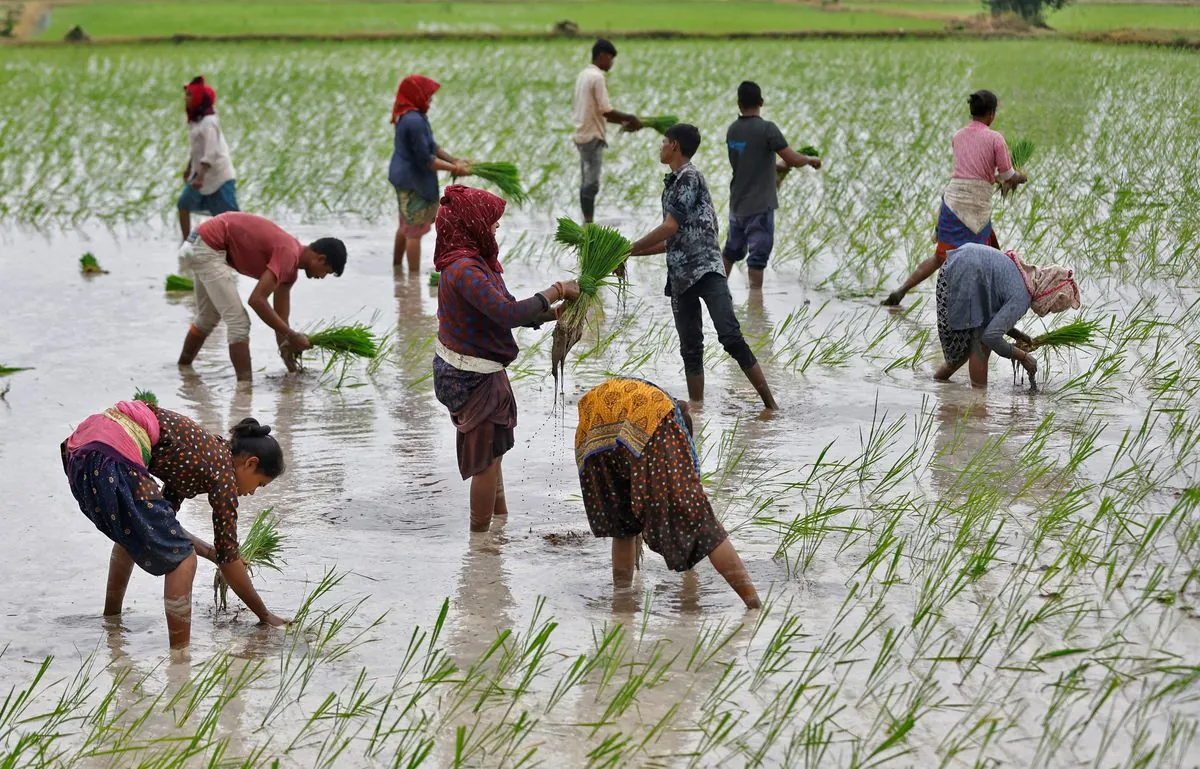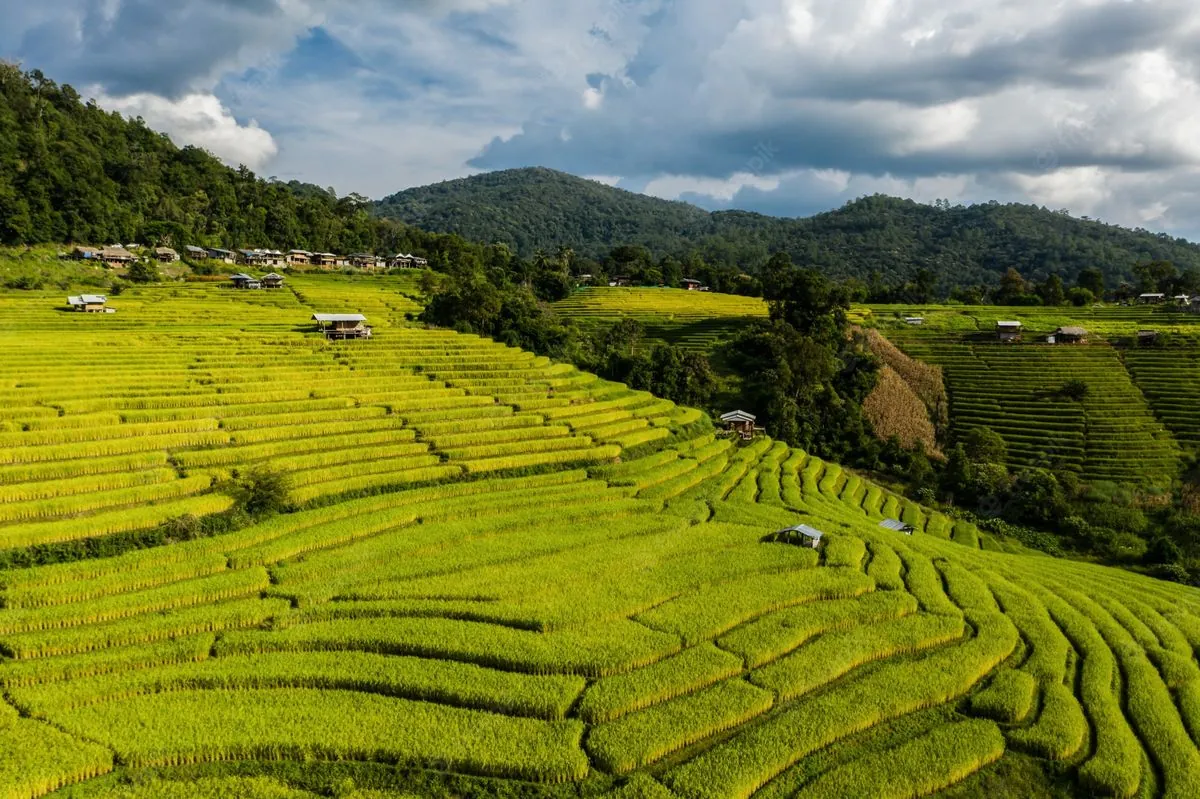India Lifts Basmati Rice Export Price Floor to Aid Farmers
India removes minimum export price for basmati rice, aiming to boost overseas sales and support farmers. Decision comes weeks before new crop arrival, addressing concerns of exporters and growers.

India has eliminated the minimum export price (MEP) for basmati rice, a move aimed at supporting farmers and bolstering overseas sales of this premium grain. This decision, announced on September 13, 2024, comes just weeks before the anticipated arrival of the new-season crop.
Satish Goel, president of the All-India Rice Exporters' Association, expressed optimism about the government's decision, stating:
"The decision to do away with the MEP will help India export basmati rice in large quantities, and that is going to ensure good returns to our farmers."
The removal of the MEP is expected to have significant implications for India's basmati rice industry. Here are some key points to consider:
- Historical context: In 2023, India had set an initial floor price of $1,200 per metric ton, later reduced to $950.
- Export potential: India typically exports 4-5 million metric tons of basmati rice annually.
- Major markets: Key destinations include Iran, Iraq, Yemen, Saudi Arabia, the UAE, the US, and European countries.
- Farmer relief: The decision aims to address concerns of indebted farmers facing falling incomes and rising production costs.
- Market share: Exporters believe this move will help India regain its global market share.

Basmati rice, known for its aromatic qualities and slender grains, holds a unique position in the global rice market. Some interesting facts about this premium variety include:
- Origin: The name "basmati" comes from the Hindi word for "fragrant".
- Cultivation: Basmati rice has been grown in the Indian subcontinent for centuries, primarily in the Himalayan foothills.
- Characteristics: When cooked, basmati grains elongate to about twice their original length.
- Nutritional value: Basmati rice contains approximately 20% more fiber than other rice types and has a lower glycemic index.
- Market value: The global basmati rice market was valued at around $10.5 billion in 2020.
India and Pakistan are the only countries that grow basmati rice, treating it as a premium product similar to French Champagne or Darjeeling tea. In India, basmati is not widely consumed domestically, nor does the government purchase it for state reserves, unlike common rice varieties.
The removal of the MEP is expected to benefit farmers by allowing exports of basmati varieties priced around $700 per ton. This decision reflects the government's recognition of India's rich biodiversity in basmati rice and the potential for expanding its market share.
As the new crop season approaches, this policy change aims to prevent farmers from being burdened with large stocks and ensure they receive fair compensation for their produce. The move underscores the importance of basmati rice in India's agricultural exports and its potential to contribute to the country's economic growth.


































